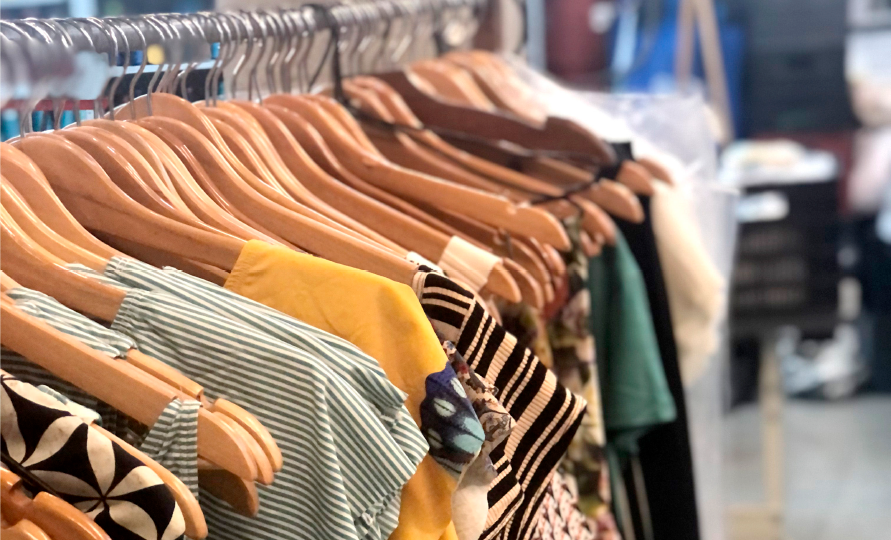Project Mulheres do Sul Global seeks the economic empowerment of socially vulnerable refugee women
The initiative was created after a volunteering trip to India. Today, it supports the work of refugee women who work as seamstresses


Credit: Disclosure
By: Gabriel Murga – Lupa do Bem / Favela em Pauta
The Mulheres do Sul Global project is a social business whose main objective is the economic empowerment of female seamstresses inserted in contexts of refuge and social vulnerability, seeking to promote entrepreneurship and the formalization of micro-entrepreneurial seamstresses.
The initiative is based on the promotion of entrepreneurship, skills training, creation and sale of textile pieces committed to the new paradigms of producing and consuming sustainable products and promotes training in atelier sewing, as well as providing machinery to work from home.
The origin of the initiative dates back to a volunteer trip to India in 2015, made by Emanuela, founder of Mulheres do Sul Global, where she went through several experiences with the precariousness of the textile operation and the vulnerability of these women to the only job they know how to perform.
From North India to transformative actions in her own city
“I remember that, in the first month of my arrival, I felt determined to work with something that involved women and sewing. But it was an immense challenge, I didn’t really know where to start, since throughout my professional experience I had zero experience with the textile market”, Emanuela recalls.
While observing the operation of a studio, a project idea that could empower women through their craft was developed. The idea was that, while sewing, many other fundamental issues could be worked on.

This is how one of the main initiatives from the project emerged: the MSG Lab, a three-week industrial sewing and professional development initiation program with 140 hours of training for professionals.
The initiative works as a learning laboratory for the textile segment that seeks to expand the economic integration of migrant women from a careful look at gender issues and the Global South.
MSG was designed for women to master the essential skills to work as seamstresses in the industrial field. Through practical classes, in order to contribute to sustainable economic integration, the students learn by doing, and develop the initial skills required to become micro-entrepreneurs or professionals in the textile area.
A free course that trains and prepares for work on Brazilian soil
The MSG Lab course is completely free. Suitable for refugees, asylum seekers or survivors of trafficking aged between 18 and 65, who have arrived in Brazil in the last three years, are able to communicate in Portuguese (intermediate level) and follow instructions with three-week availability, between 9 am to 5 pm. The course is free.
Between 2017 and 2020, eight MSG Lab programs were launched with more than 110 participants. From those, 20 women became part of the Mulheres do Sul Global core factory after training in the course. Last year, eight editions of the program were held with a total of 160 participants, 40 of which were called for professional opportunities after completing their professional training.
The Learning Lab is carried out in its own factory, which has industrial infrastructure to meet the scale production profile. The learning situations consider the reality of the profession in its workplace, identifying elements and practical situations, as well as the basic care of equipment conservation.
How to follow and support the Mulheres do Sul Global project
Through social media, it is possible to learn about initiatives such as MSG Lab, an intensive laboratory designed to train migrant, refugee and Brazilian women with essential skills to work as industrial seamstresses.
Through the project’s virtual store, it is possible to directly support the work of professionals who work in this social business, with a special impact on refugee women from countries such as Angola and Congo.


